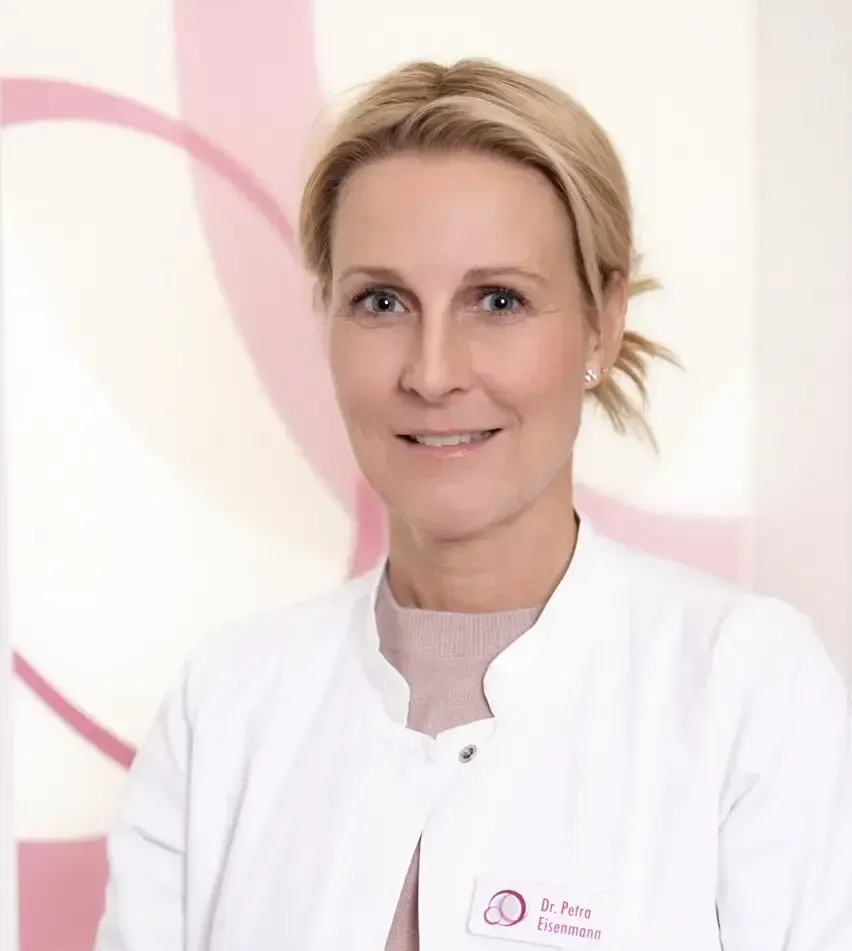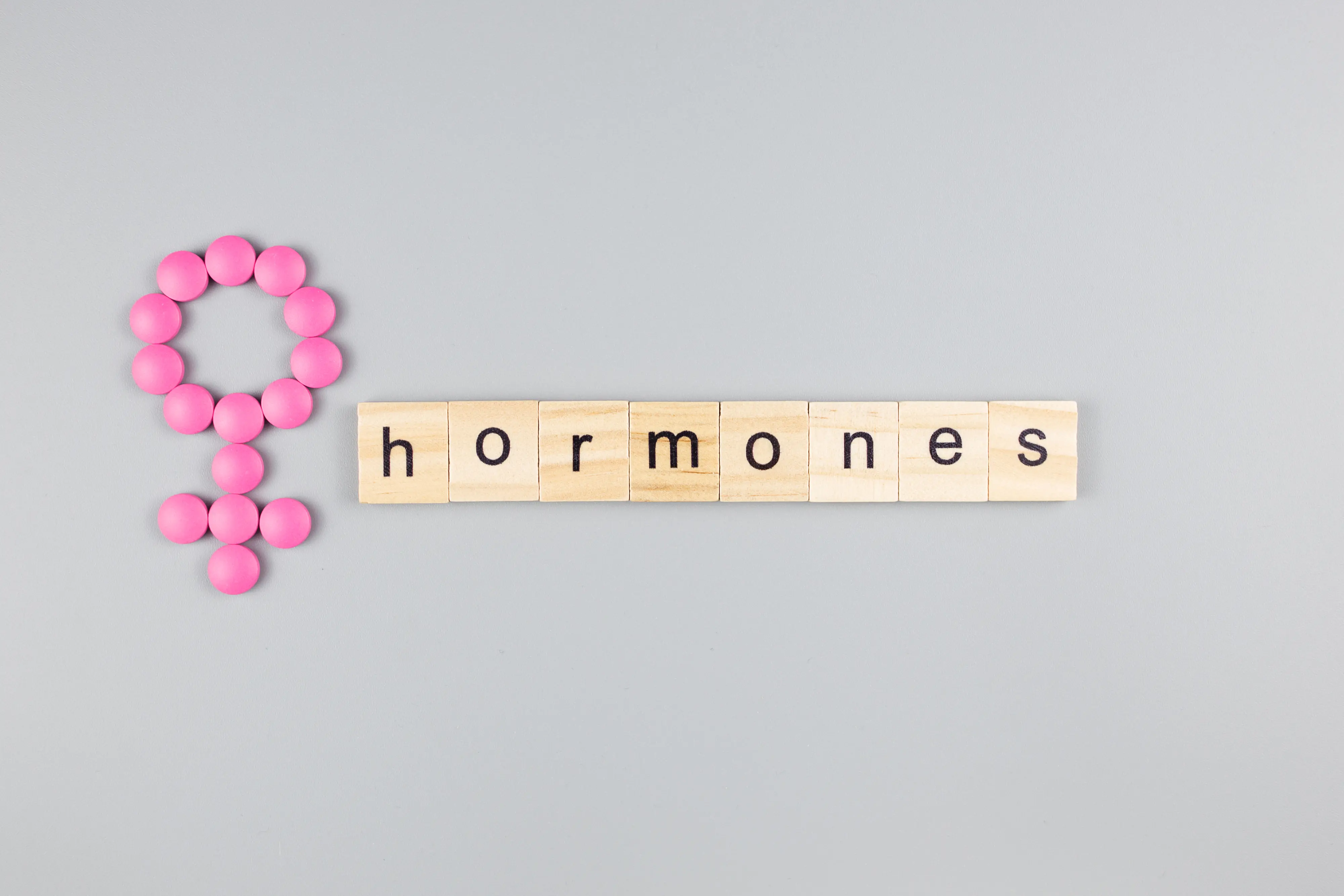More than nine million women are currently in Germany during the menopause. A third of them suffer from significant complaints, so that their quality of life and performance are severely impaired. Hot flashes, sleep disturbances, mood swings, and heart palpitations accompany them over a long period, as statistically, menopause lasts seven years - for some women, significantly longer.
One way to alleviate the symptoms is hormone replacement therapy (HRT). While it was previously viewed critically due to possible health risks, the therapy has evolved significantly in recent years. New research findings and modern therapeutic approaches have made the application safer and increased the benefits for many women.
But the uncertainty remains - according to a study by Techniker Krankenkasse, only around six percent of women in menopause in Germany take hormones, although many more suffer from severe complaints Suffering. The decision for or against HRT should always be made individually with a doctor.
What is hormone replacement therapy?
The hormone deficiency that occurs during menopause is compensated with medication. However, HRT does not aim to restore hormone levels to what they were before menopause, but rather to use precise dosing to treat and even eliminate the symptoms and diseases caused by estrogen deficiency, provided that these symptoms first appeared in menopause and other causes can be ruled out. Complaints and treat diseases, improving or even fixing symptoms - as long as these complaints first appeared in menopause and other causes can be ruled out.
Why was hormone replacement therapy considered risky for a long time?
HRT fell into disrepute mainly due to the Women's Health Initiative (WHI) study from 2002. This large US study examined the long-term effects of HRT in postmenopausal women. Initial results showed an increased risk of breast cancer, heart attacks, strokes, and thrombosis in women who received combination therapy with estrogen and progestin. The study was prematurely terminated, which increased concerns and uncertainties in the medical world.




















